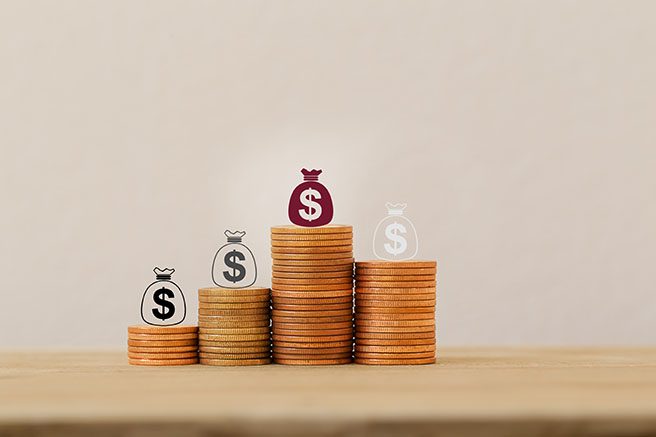Personal debt can accumulate very quickly, with many of us taking out credit cards, car loans and personal loans, to name a few… The more personal debt that one accumulates, the longer their debt will remain with them.
Here, we highlight some strategies for managing your debt and paying it down sooner rather than later.
Preparing a budget
Preparing a robust budget can keep you accountable by demonstrating your current needs and spending habits and identifying how those spending habits need to change so that you can frequently minimise your debt.
When putting your budget together, the key is to be honest and base it on your existing needs and spending habits for full transparency. Setting a budget that is not realistic will likely lead you to not achieving your goal, of reducing your debt.
Prioritise debts
Many people focus primarily on paying down their mortgage without considering whether their credit card of personal loan has a higher interest rate. Even if your car loan is a smaller amount than your mortgage, these shorter-term loans tend to have a higher interest rate and could really add up in the long run. The sooner you pay off these smaller debts, the less you pay in interest. If you are tackling debts with higher interest rates, please be aware that although many car loans have the interest set for the entire loan term, paying it down early may not save you any money. In this instance, it is better to concentrate or reducing other debt.
Chunking strategy
A mortgage can seem like a lot to pay off and sometimes it might feel as though you’re not making any headway. However, one way you can feel more positive about the amount you’re paying is by breaking down your big goal into smaller goals (or smaller chunks). You can split a million dollar mortgage into $950,000 and $50,000 and have a goal of paying off the $50,000 in two years. This way, you’re achieving goals in the shorter term and paying off the entire mortgage might seem more manageable.
Refinancing
There are a few options available that may help reduce your interest rates across your debts. These are:
- Transferring the balance of a credit card onto a new credit card that offers a 0% interest rate for a number of years. However, please be aware that the interest rates of credit cards that offer 0% interest short-term will often become much higher once this interest free period is over.
- Refinancing your home loan to release some equity to pay out smaller personal debts with higher interest rates.
- Negotiating a lower interest rate with your bank or non-bank lender. While the answer won’t always be yes, if you don’t ask, you won’t receive.
Stop adding debt
To reduce debt effectively, it’s best to stop incurring debt. Limiting or perhaps forfeiting your access to credit is a great way to contain the amount of debt you have.
Ways to contain your debt include:
- Reduce the credit limit on your credit cards. Ideally, set a limit which you can repay within a decided upon timeframe.
- Cancel your credit cards altogether and only spending money you have.
In the past, we were persuaded to use credit cards to make certain purchases , with the offer of enticing rewards or due to certain online merchants only taking Visa or Mastercard. These days most of our debit cards are powered by Visa or Mastercard and some even offer rewards. Regardless, we can use our debit cards to make any and every purchase now. By getting rid of credit, this will force you to use your own hard-earned savings to make purchases and perhaps may prompt you to rethink whether you really need that purchase or not. While you might be using a credit card to collect frequent flyer points, you will find that the annual fee for the card itself, along with the amount you have to spend to obtain the points and the surcharge by retailers, generally exceeds the value of the points received. .
Increase your repayment rate
Increasing your monthly repayments will reduce the amount of time it takes to pay the debt in question in comparison to paying the minimum amount required. Not only will it pay the debt off quicker, but you will also pay less interest along the way. You can also increase the frequency of your payments to say weekly rather than monthly, but this is dependent on the finance type and the bank or lender. We recommend that you do some homework to determine this.
Focus on one debt at a time
If you have multiple debts and you increase your repayments for all of them, you may feel that your progress is slow. Sometimes picking one debt and focusing on hammering that down in a shorter and more reasonable timeframe can give you a sense of achievement, and more importantly, motivation to move onto the next debt.
How can we help?
We can help you assess your budget and cash-flow situation and determine how much we can fast track your debt reduction. Please contact your local William Buck Advisor for more information.
































